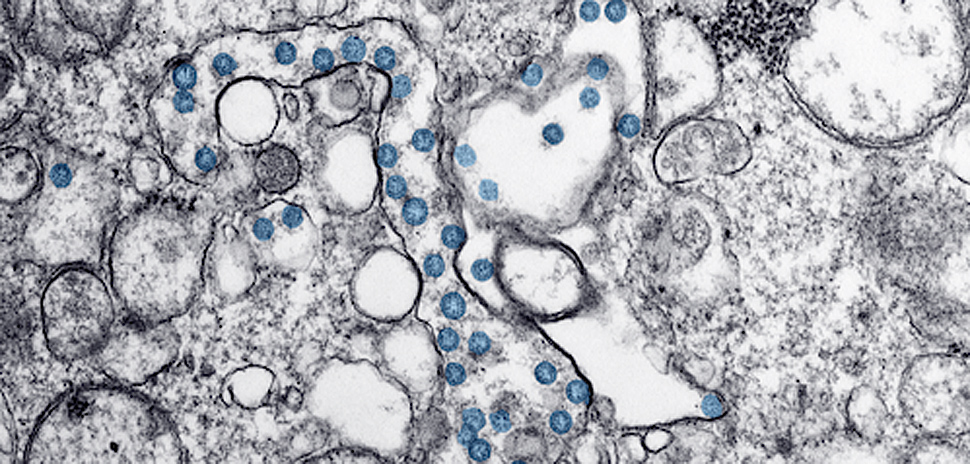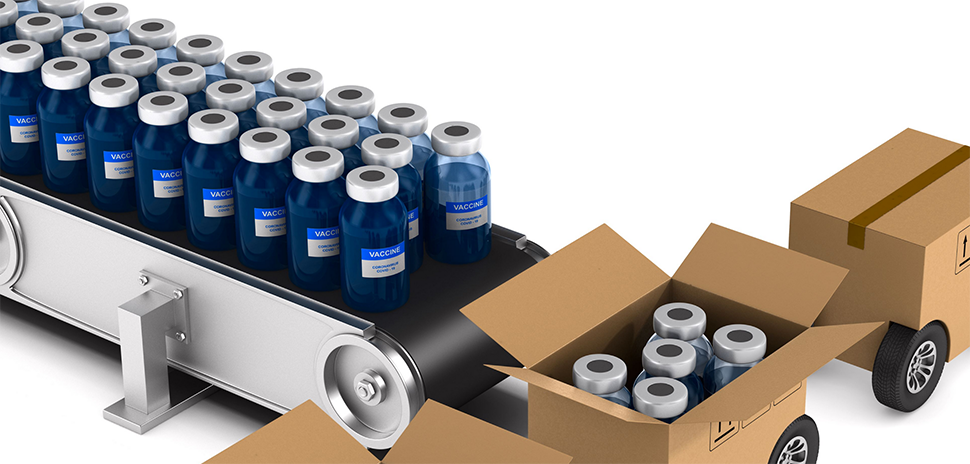![]() Every week, we do a little research of our own. We’re looking for scientists, professors, engineers, entrepreneurs—anybody, really—engaging in research and development across North Texas.
Every week, we do a little research of our own. We’re looking for scientists, professors, engineers, entrepreneurs—anybody, really—engaging in research and development across North Texas.
There’s plenty of good work being done. If you want to put R&D under your microscope, sign up for our e-newsletter.
UTSW scientists use computers to study existing drugs against COVID-19
Scientists at the University of Texas Southwestern Medical Center in Dallas are undertaking a computer-based study as a starting point in evaluating existing drugs that might be used in the fight against the COVID-19 virus.
They’re drugs that already are approved by the U.S. Food and Drug Administration. UT Southwestern said the findings, prior to peer review, could open new avenues for treating patients with the coronavirus respiratory illness.
READ NEXT HSC Researchers Make Stem Cell Discovery That Could Help Fight Coronavirus
Since it appeared in late 2019, COVID-19 has infected more than 169,000 patients. Friday afternoon, CNN reported that the global death toll has topped 10,000. That includes two deaths in North Texas.
Developing new drugs to combat a new virus takes time, and there are no clear therapeutic strategies or preventive treatments against COVID-19, UT Southwestern pointed out.
But there are several ongoing efforts to develop effective treatment regimens and vaccines, with time being the critical element.
UTA researchers examine link between economic abuse and hardship
A group of researchers at the University of Texas at Arlington is examining the social support link between economic abuse—a type of intimate partner violence—and economic hardship.

Rachel Voth Schrag [Photo: Courtesy UTA]
Intimate partner violence (IPV) is a term that describes situations in which a current or former partner or spouse causes harm to their significant other via physical, sexual, and psychological violence.
The research is being conducted by Rachel Voth Schrag, a domestic violence scholar and assistant professor in the School of Social Work, and UTA doctor students Kristen Ravi and Sarah Robinson.
UTA said the Centers for Disease Control and Prevention estimates that 1 in 4 women and nearly 1 in 10 men have experienced IPV during their lifetime.
“Economic abuse is not just about someone taking your cash,” Schrag said. “It may also involve the withholding of things that make someone feel economically secure. That can include preventing or limiting work or school hours, stealing income or cash gifts, harassing someone at work or school, damaging credit history and dominating family finances by demanding receipts, preventing access to money or making unilateral decisions.”
Because of its unique nature, some scholars have advocated for economic abuse to be considered a separate form of abuse that deserves specific attention to its dynamics, patterns, and impacts.
The study found that behaviors related to EA are linked to employment and housing instability, increased use of public assistance, greater material hardship and increased economic dependence on abusive partners for financial stability.
“Economic abuse has been shown to impact the physical and mental health of victims of IPV,” Schrag added. “In addition, data indicates that historical experiences of EA can reverberate through survivors’ lives, creating economic hardship for years due to ongoing issues with debt, credit, employment and economic self-sufficiency.
The researchers said that developing effective strategies for addressing the economic consequences of abuse is central to disrupting cycles of victimization.
![]()
Get on the list.
Dallas Innovates, every day.
Sign up to keep your eye on what’s new and next in Dallas-Fort Worth, every day.





























